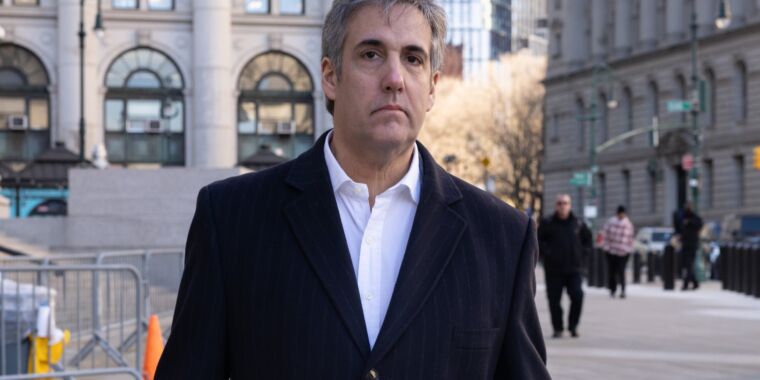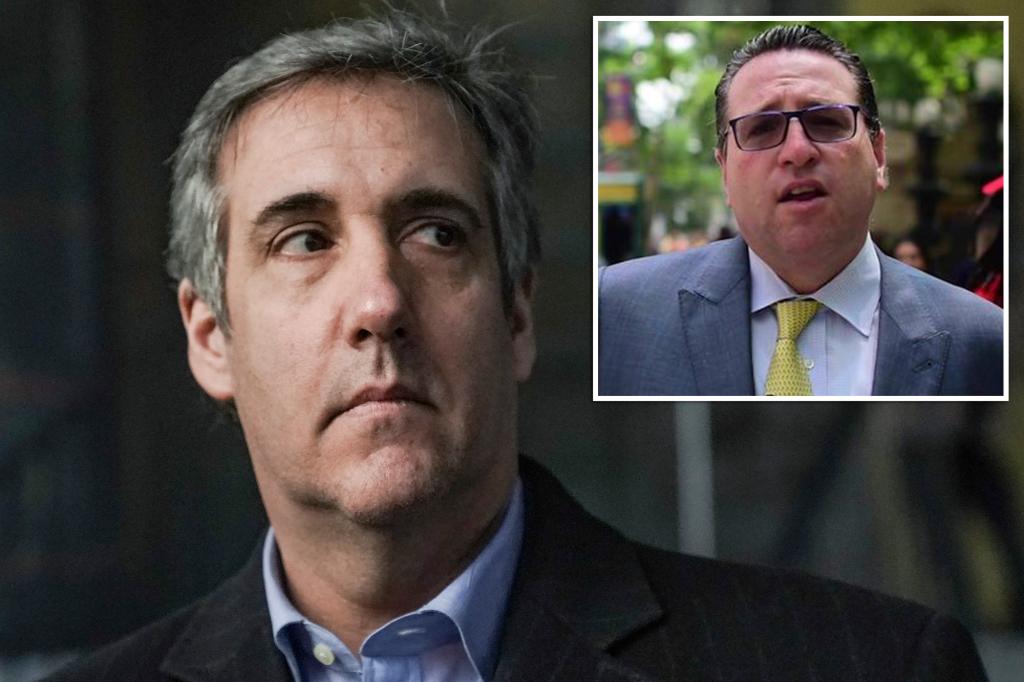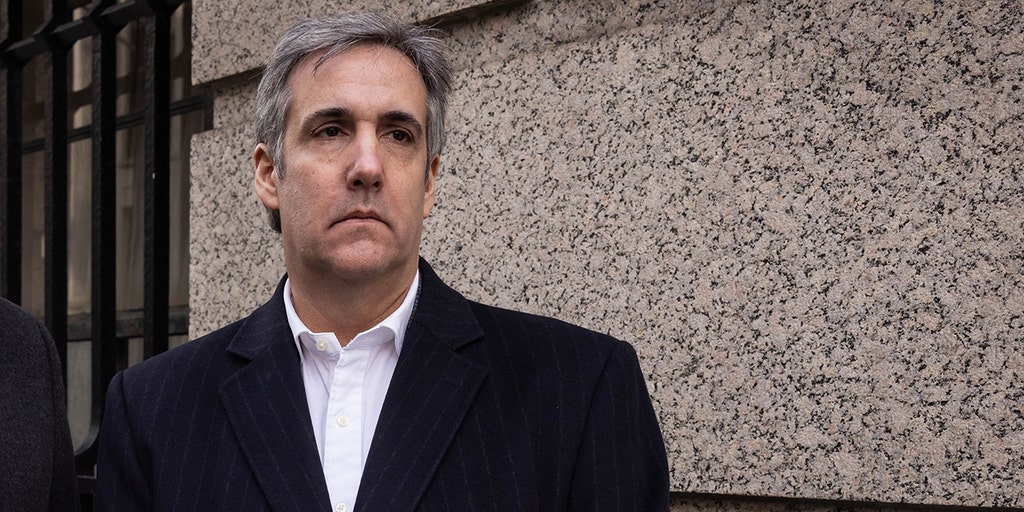On December 14, 2023, Michael Cohen, the former personal lawyer of then-US President Donald Trump, made an appearance in a New York court.
A court filing by a federal prosecutor challenged Michael Cohen’s defense, revealing three fabricated quotes generated by the Google Bard AI application.
David M. Schwartz, Cohen’s legal representative, submitted a brief to the jury last month referencing three fictitious scenarios. These inaccuracies were unknowingly passed on by Cohen to Schwartz, who failed to verify them before including them in a motion filed in the US District Court for the Southern District of New York.
US District Judge Jesse Furman, in a recent ruling, opted not to penalize Cohen or Schwartz. While Furman did request supervised release for Cohen, the outcome was unfavorable.
Following his guilty plea to various charges including tax evasion, bank fraud, campaign finance violations, and illegal corporate contributions, Cohen, the ex-attorney of Donald Trump, served a prison sentence. He was also disbarred for five years, with supervised release scheduled to commence in November this year.
The fabricated citations did not aid Cohen’s efforts to terminate his supervised release. These quotes were meant to exemplify past cases of supervised release but instead featured fictional scenarios involving drug dealers and a computer-generated tax evader.
Cohen mistakenly believed that the Google Bard AI was simply a search engine.
Despite prior instructions for Schwartz to justify his actions to avoid sanctions, Cohen did not receive such a directive. Furman clarified that even if Cohen had been informed, sanctions would not have been warranted given his reliance on his attorney’s professional judgment throughout the case.
Schwartz, on the other hand, was criticized for his negligent citation of non-existent cases. While he wrongly assumed that another attorney, E. Danya Perry, had reviewed the quotes, it was revealed that Perry had not verified them.
In a separate incident, attorneys faced sanctions for utilizing AI chatbots to fabricate cases in court filings. Similarly, in Cohen’s case, his testimony in the trial against Donald J. Trump was referenced in his motion for early release from supervised probation.
Furman and the US government agreed that Cohen’s testimony, where he admitted to lying under oath about tax evasion, contradicted claims of upholding the law. The judge emphasized the inconsistency in citing such testimony as a testament to Cohen’s commitment to legal integrity.










